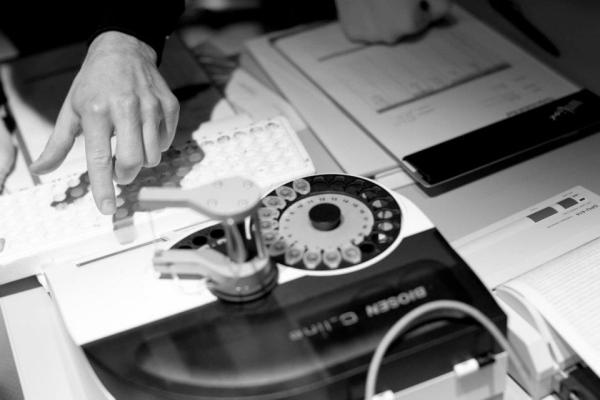IOC delay naming positive re-tested samples from Beijing 2008 and London 2012 athletes until after Rio 2016
Legal process behind hold up

According to a report by insidethegames, the International Olympic Committee (IOC) has delayed its decision to name the 98 athletes who tested positive after two waves of 'targeted re-analysis' of samples from the 2008 Beijing and 2012 London Olympic Games until after Rio 2016. Athletes who tested positive from the 2008 and 2012 Games have been banned from Rio by the IOC.
The delay is reportedly due to the "legal process" as the IOC "is continuing to analyse each athlete implicated on a case-by-case basis."
"The issue of when they are fully sanctioned will happen later," IOC Presidential spokesman Mark Adams told insidethegames. "Our aim is to stop them [those implicated] coming to Rio." Adding, it "is "very unlikely" that any more cases will be confirmed during Rio 2016."
Over 1,200 samples were re-tested from both Beijing 2008 and London 2012 with two athletes stripped of their medals; Ukraine's under 58 kilograms London 2012 bronze medallist Yulia Kalina, and Turkey's under 48kg Beijing 2008 silver medallist Sibel Özkan.
Other athletes implicated in the re-testing include 2008 and 2012 weightlifting champion Ilya Ilyin, and 2012 gold medal winning high jumper Anna Chicherova (Russia) for her 2008 bronze.
While the IOC is yet to name the athletes, the second wave of re-testing revealed 30 athletes from four sports and eight National Olympic Committees (NOCs). While the 15 samples from the London re-testing represented two sports and 9 NOCs. It followed on from the first wave with six sports and 12 NOCs from Beijing, and five sports and six NOCs in London.
At the Olympic Summit in Lausanne last month, the IOC committed to extending its re-testing programme of samples from the 2008 and 2012 Games and will target the re-analysis of athletes who are competing in Rio. This week, IOC President Thomas Bach announced that over 2,200 athletes will have their samples re-tested, adding that athletes who have made jumps in their performance, and athletes from "sports particularly affected by doping" will be targeted.
Get The Leadout Newsletter
The latest race content, interviews, features, reviews and expert buying guides, direct to your inbox!
"In Rio, we will have up to 4,500 tests for urine and 1,000 for blood anti-doping," said Bach.